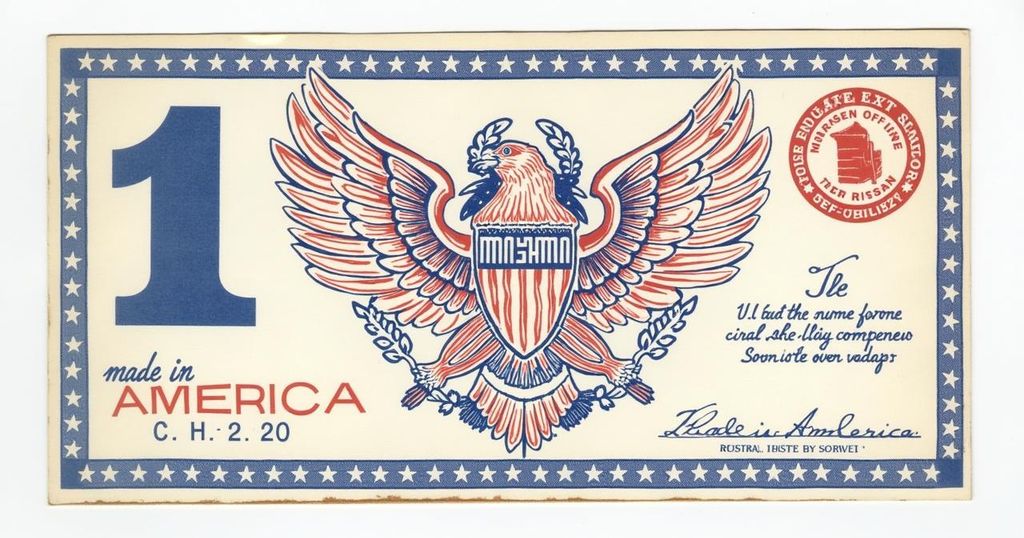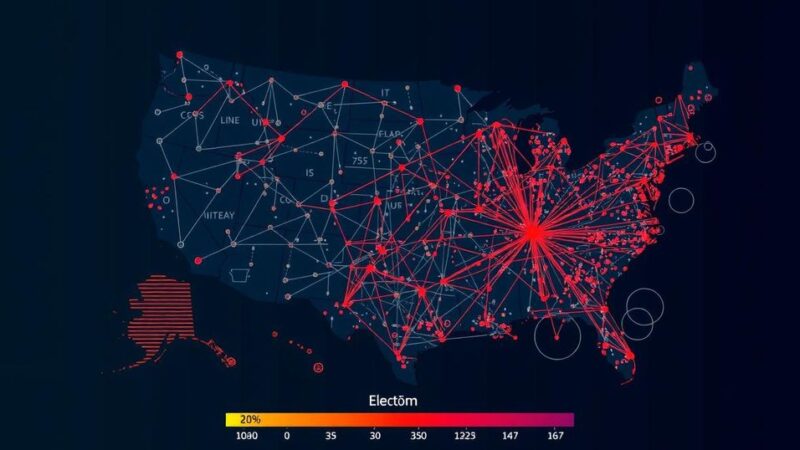The article explores the political significance of trade policies in Wisconsin, centered around the failed Foxconn manufacturing project and new Microsoft investment. It delineates the contrasting approaches of the Trump and Biden administrations to economic policy, highlighting the implications for voters in the critical swing state as they prepare for the upcoming elections.
The notion of “Made in America” is becoming a salient topic in the political landscape of Wisconsin, particularly concerning trade and economic policies. In June 2018, President Donald Trump inaugurated a site for a $10 billion Foxconn manufacturing facility in Mount Pleasant, Wisconsin, asserting that it epitomized America’s return to business. This factory, which was projected to create up to 13,000 local jobs, received an astounding $4.8 billion in subsidies, marking the most substantial corporate incentive package in Wisconsin’s history and the largest public subsidy granted to a foreign enterprise in the United States. Despite the initial enthusiasm, the Foxconn project quickly dimmed; it fell short of its ambitious hiring targets, leading to extensive skepticism surrounding its viability. As President Biden assumed office, he redirected the focus of economic revitalization to southeastern Wisconsin, emphasizing manufacturing as key to his administration’s policy, while also adopting protectionist measures to limit China’s economic ascendance. Racine County, where Mount Pleasant is located, has historically served as a critical electoral barometer in presidential elections. With manufacturing employment concentrated heavily in this region, the forthcoming election is likely to hinge on candidates’ economic proposals. Trump remains steadfast in his America First strategy, advocating for an increase in tariffs, particularly on Chinese imports, while also loosening regulations for domestic manufacturing. Conversely, Vice President Kamala Harris has been critical of blanket tariffs, labeling them as detrimental to American households, although she is expected to continue support for selective tariffs championed by Biden. The promise that Foxconn represented seemed to dissolve as hiring fell short and the planned facility remained underutilized. Local residents now look toward new investments, including those initiated by Microsoft, which broke ground on a data center in the region backed by the CHIPS and Science Act. This shift has generated renewed optimism, in contrast to the disappointment left in the wake of Foxconn. Political figures and citizens alike have been vocally scrutinizing the fallout from the Foxconn debacle, which, for many, embodies caution regarding economic promises tied to high-profile ventures. Yet, while some argue that the disappointment of Foxconn is still relevant in public sentiment, Republican leaders suggest that the intentions behind the deal were understood positively.
The strategic interest in revitalizing American manufacturing, particularly in swing states like Wisconsin, shapes the political narrative for the upcoming elections. The Foxconn deal epitomized Republican economic policy under Donald Trump, reflecting a desire to bolster domestic production and employment. In contrast, the Biden administration aims to solidify the foundation for future manufacturing through policy shifts and public investment in technology hubs, thereby increasing employment opportunities. This juxtaposition showcases differing philosophies towards trade that could influence voter preferences in Wisconsin, a critical battleground state.
As voters in southeastern Wisconsin prepare for the upcoming presidential election, the contrasting economic ideologies of the Trump and Biden administrations will be put to the test. The legacy of the Foxconn deal looms large, influencing public perception and trust toward future promises concerning economic revitalization. The emerging investment by Microsoft offers a glimmer of hope for job creation, yet the shadow of unmet expectations persists, compelling voters to critically evaluate the sincerity and feasibility of political pledges surrounding manufacturing as they head to the polls.
Original Source: foreignpolicy.com






